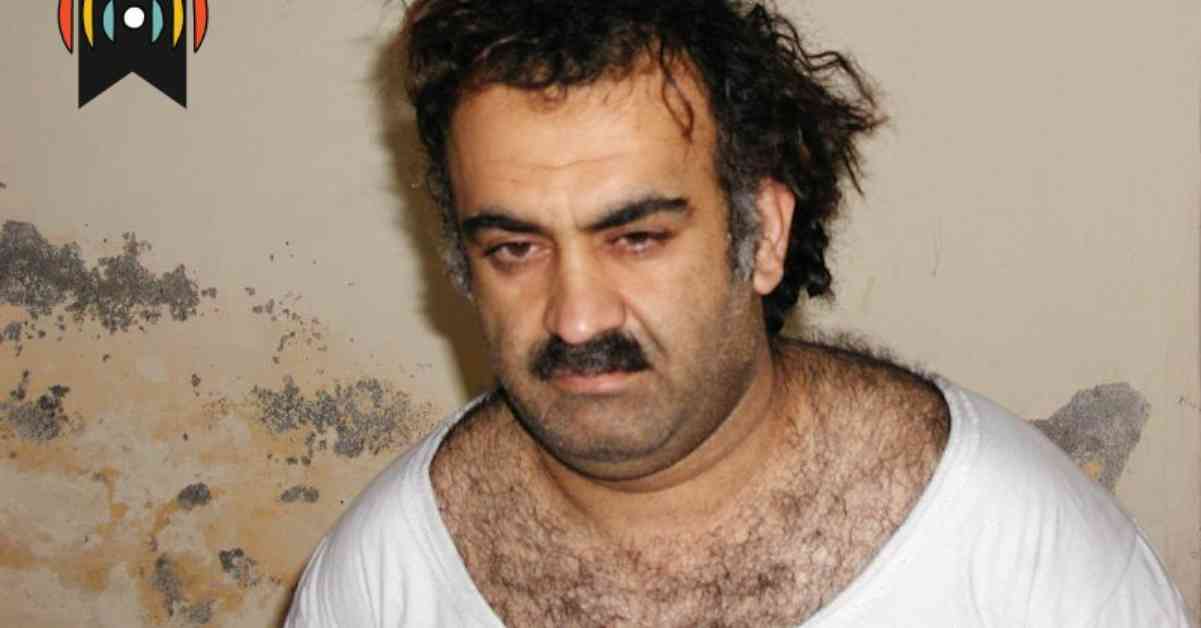The 9/11 attacks, which occurred over 20 years ago, are still surrounded by unresolved questions. The trial of the alleged mastermind, Khalid Shaikh Mohammed, has faced numerous obstacles that have prevented progress.
After his capture in 2003 during a raid in Pakistan, Mohammed, also known as KSM, was detained along with over a thousand other individuals. Some were released or deported, but a few were kept in US custody. In 2006, President Bush acknowledged the existence of secret overseas prisons run by the CIA, where top terrorism suspects were interrogated.
Following these events, efforts were made to try the suspects at the Guantanamo Bay detention camp using military commissions. However, the cases have been passed back and forth between military and civilian courts, leading to significant delays. Last month, a plea deal was authorized, but it was met with criticism from survivors and political leaders who believed it was not just.
Michael O’Connell, who assisted in rescue efforts after the 9/11 attacks, expressed his belief that terrorists should not receive lenient deals. As a result of mounting pressure, Defense Secretary Lloyd Austin revoked the plea deal, further complicating the path to justice for the perpetrators.
The lengthy legal proceedings and complexities of the case have raised questions about why the defendants have not been tried or sentenced after more than two decades. Steve Vladeck, a professor at Georgetown University Law School and former co-counsel for a 9/11 detainee, highlighted the challenges faced in the legal process.
He explained that the case has gone through multiple rounds of military commissions, faced pushback from various stakeholders, and dealt with the repercussions of torture allegations. The recent intervention by Secretary of Defense Austin to rescind the plea deal has added another layer of complexity to the situation.
Vladeck’s insights shed light on the difficulties in reaching a resolution for the 9/11 suspects. With no clear end in sight, the path to justice remains uncertain. As discussions continue on how to proceed, it is evident that finding a solution that satisfies all parties involved is crucial to moving forward from the longstanding legal quagmire surrounding the 9/11 attacks.

